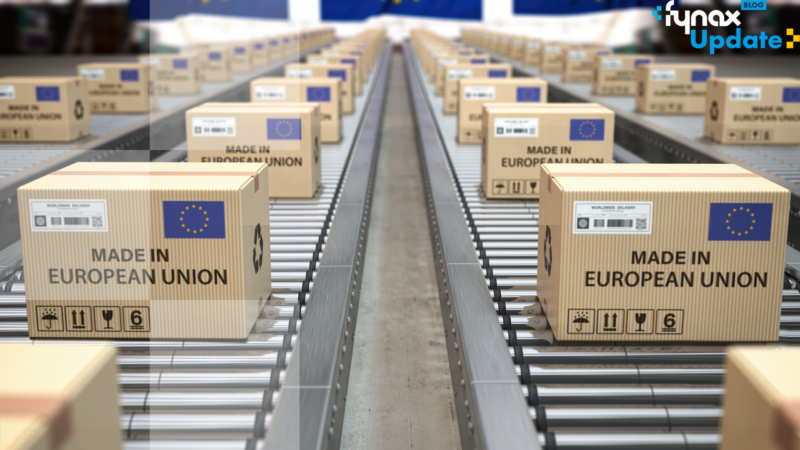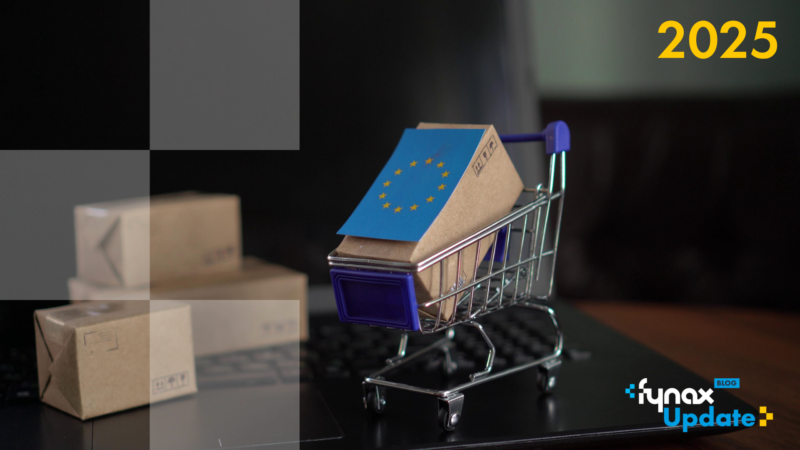The new Supply Chain Act: what's in store for online retailers
Share this article
Tags
Categories

As part of the United Nations' Sustainable Development Goals, Germany has committed to putting an end to exploitative labor in all its forms by 2025. To this end, on January 1, 2023, the so-called Supply Chain Due Diligence ActSupply Chain Act came into force. For the first time, companies in Germany are obliged to analyze their supply and value chains and comply with human rights.
Unclear supply chains, for example in textile production, are to be made more transparent in order to ensure uniform standards for human rights and environmental protection in the manufacturing and supply process. In the coming years, the EU is also set to introduce a Europe-wide binding Legal basis follow for all member states.
The Supply Chain Act guarantees, among other things, a publicly accessible overview of the various supply stations at home and abroad, as well as a control mechanism for compliance with the duty of care of large companies. In detail, the aim is to increase transparency across the various stages of the production process and to ensure that human rights and environmental protection rules are observed throughout the entire supply chain. Among other things, this means that the law aims to prevent child labor and exploitation, as well as illegal deforestation, water and air pollution. But what does it look like in practice? Who is affected by the Supply Chain Act? And what details do companies in particular need to pay attention to?
Who is affected and when?
The Supply Chain Act affects all companies based in Germany that employ more than 3,000 people. At present, this includes around 900 large companies and their direct and indirect suppliers. From 2024, however, the LkSG will also affect companies with at least 1000 employees.
Does this affect me at all as an online retailer?
As an online retailer, you are probably not directly affected by the law. But beware: you could be indirectly obliged, as it also applies to you if you are part of a company's supply chain. Global players such as Amazon, eBay, Otto, Zalando and others must comply with the law. If you sell your goods via these platforms on behalf of the platform operators, they can oblige you to comply with the regulations. However, if you sell your goods via these marketplaces on your own account, the law does not apply to you.
What do I have to do?
If you have to comply with the law due to your number of employees or a contractual obligation by the marketplace operator, you have certain obligations:
What are the problems?
Companies face major challenges when implementing the requirements: The Supply Chain Act is above all a bureaucratic challenge and an increased amount of additional work, which is of course also associated with implementation costs. For example, it is not enough to have your suppliers confirm in writing that they comply with the principles. In case of doubt, you must also check this yourself and provide transparent proof.
What happens if I do not comply with the obligations?
You should not ignore the due diligence obligations under the Supply Chain Act. Even if the fines for you as a smaller retailer are probably not that high, the Federal Office can impose fines of up to 2 percent of annual turnover for violations, as well as exclude the company from being awarded public contracts.
Further contributions

New EU packaging regulation brings new obligations for online retailers from 2026


